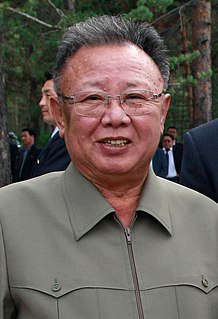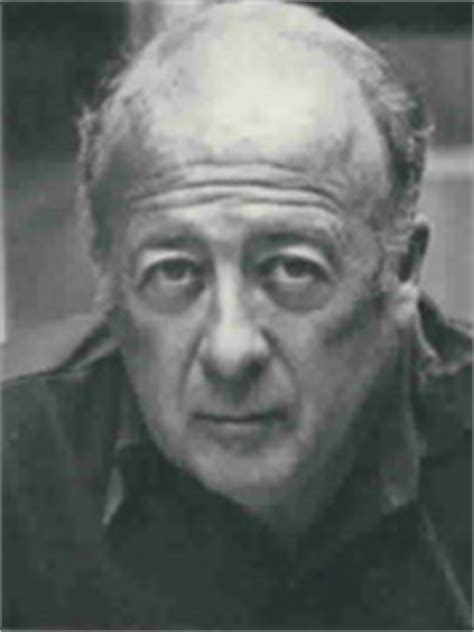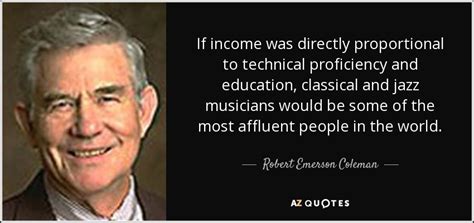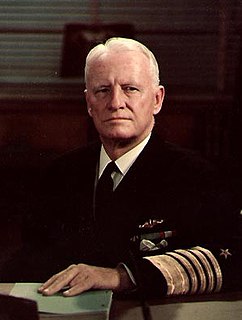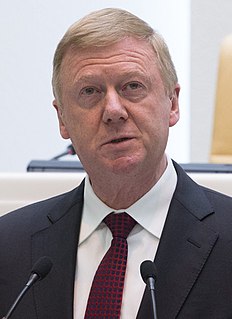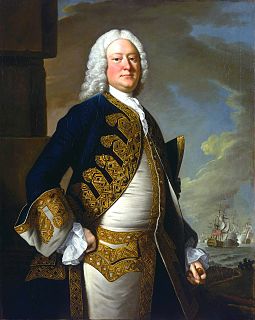A Quote by Charles Colson
Lenin, Stalin, and Rakosi recognized that a renewed and purified Christianity was the only force that could move the masses as powerfully as the Marxist ideal could. They attacked it as the enemy that it was and is.
Related Quotes
Can and must! The proclamation of this new conception of [Joseph Stalin] is closed by the same words, "Such are in general the characteristic features of Lenin's conception of the proletarian revolution." In the course of a single year Stalin ascribed to [Vladimir] Lenin two directly opposed conceptions of the fundamental question of socialism. The first version represents the real tradition of the party; the second took shape in Stalin's mind only after the death of Lenin, in the course of the struggle against "Trotskyism".
The true gospel is radically exclusive. Jesus is not a way; He is the way, and all other ways are no way at all. If Christianity would only move one small step toward a more tolerant ecumenicalism and exchange the definite article the for the indefinite article a, the scandal would be over, and the world and Christianity could become friends. However, whenever this occurs, Christianity ceases to be Christianity, Christ is denied, and the world is without a Savior.
Truth as a cultural ideal has functioned as an opiate, perhaps the only serious opiate of the modern world. Karl Marx said that religion was the opiate of the masses. Raymond Aron retorted that Marxist ideas were in turn the opiate of the intellectuals. There is perspicacity in both these polemical thrusts. But is perspicacity truth? I wish to suggest that perhaps truth has been the real opiate, of both the masses and the intellectuals.
The theory of Marx, Engels, Lenin and Stalin is universally applicable. We should regard it not as a dogma, but as a guide to action. Studying it is not merely a matter of learning terms and phrases but of learning Marxism-Leninism as the science of revolution. It is not just a matter of understanding the general laws derived by Marx, Engels, Lenin and Stalin from their extensive study of real life and revolutionary experience, but of studying their standpoint and method in examining and solving problems.
When I assumed command of the Pacific Fleet in 31 December, 1941; our submarines were already operating against the enemy, the only units of the Fleet that could come to grips with the Japanese for months to come. It was to the Submarine Force that I looked to carry the load until our great industrial activity could produce the weapons we so sorely needed to carry the war to the enemy. It is to the everlasting honor and glory of our submarine personnel that they never failed us in our days of peril.



